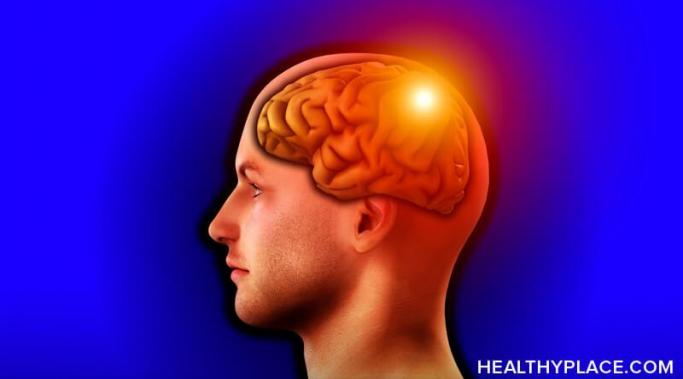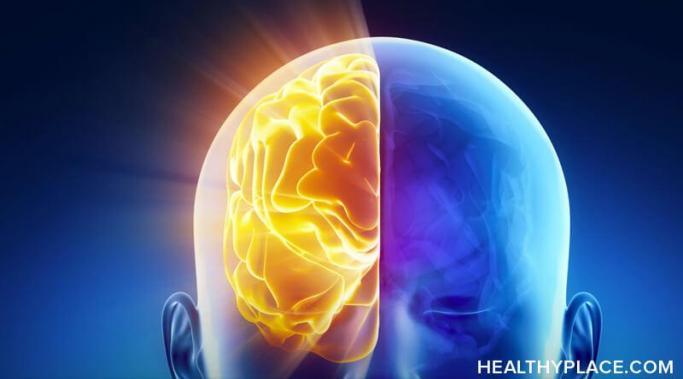Getting the dissociative identity disorder (DID) support you need is challenging, to say the least. Living with DID, I hear a constant internal dialogue and must manage the wants and needs of all of my individual personalities, which can be downright exhausting. Needless to say, not everyone on the outside can see what’s happening on the inside, which can make it difficult for me to express how I’m feeling on a regular basis. How do you communicate your own needs to the ones you love to get the DID support you need?
Dissociative Living
How does dissociative identity disorder (DID) affect self-care? When you hear self-care, you might think of a person practicing yoga, meditating or taking a bubble bath to relax and unwind. While it’s true that all of these activities can fall under the umbrella of self-care, it’s also worth going beyond the run-of-the-mill bubble bath once in a while to make sure everything is in check.
One of the most important tactics you can learn as a person living with dissociative identity disorder (DID) is journaling. Although it may seem like a relatively easy concept, many people take journaling for granted amidst the other options to manage the condition, such as meditation and exercise.
Long before I was diagnosed with dissociative identity disorder (DID), I was able to hold a pencil with my hand. It was only then that I realized that I could transport myself to anywhere my imagination could take me. I would spend literally hours in my bedroom, doodling and doing anything I could to get away from the trauma of my household.
Coronavirus (COVID-19) is affecting my dissociative identity disorder (DID) symptoms. Living with DID means experiencing a wide array of different symptoms, ranging from anxiety to depression. Environmental factors can trigger these symptoms in my various personalities, depending on their particular trauma. Unfortunately, the COVID-19 outbreak has been a catalyst for a series of emotions I’ve been experiencing as of late.
Can the emotional freedom technique (EFT) help those living with dissociative identity disorder (DID)? For many people with DID, every day can feel like living with your head in the clouds. Dissociation, in its simplest form, is the process of disconnecting from your thoughts and emotions. It wasn’t until I entered therapy that I learned the importance of grounding myself, getting back into my head, and ultimately regaining control of my life.
Does exercise help dissociative identity disorder (DID)? Exercise helps me live with DID by reducing anxiety and depression at least, so maybe it can help you, too.
Stim toys are a way of life for some of us with dissociative identity disorder (DID). If you’re living with a mental health condition such as DID, you might already know how important it is to have stim toys ready and waiting to be used whenever you need to get grounded. How does using stim toys help people with DID, and what is stimming?
Choosing no contact (going no contact, enacting a no contact rule) with a toxic friend or family member who has been in your life for an extended period of time can be difficult. That being said, it can be even more challenging if you’re in the process of healing and living with mental illness.
What is it like to hear voices in dissociative identity disorder (DID)? Hearing voices, sometimes known as auditory hallucinations, and having DID does not mean one is psychotic or delusional. Hearing voices is actually common with the disorder, but it is also a complicated topic for which a one-size-fits-all answer does not work. However, we can still understand the phenomenon of hearing voices when we examine how our alters influence us.









